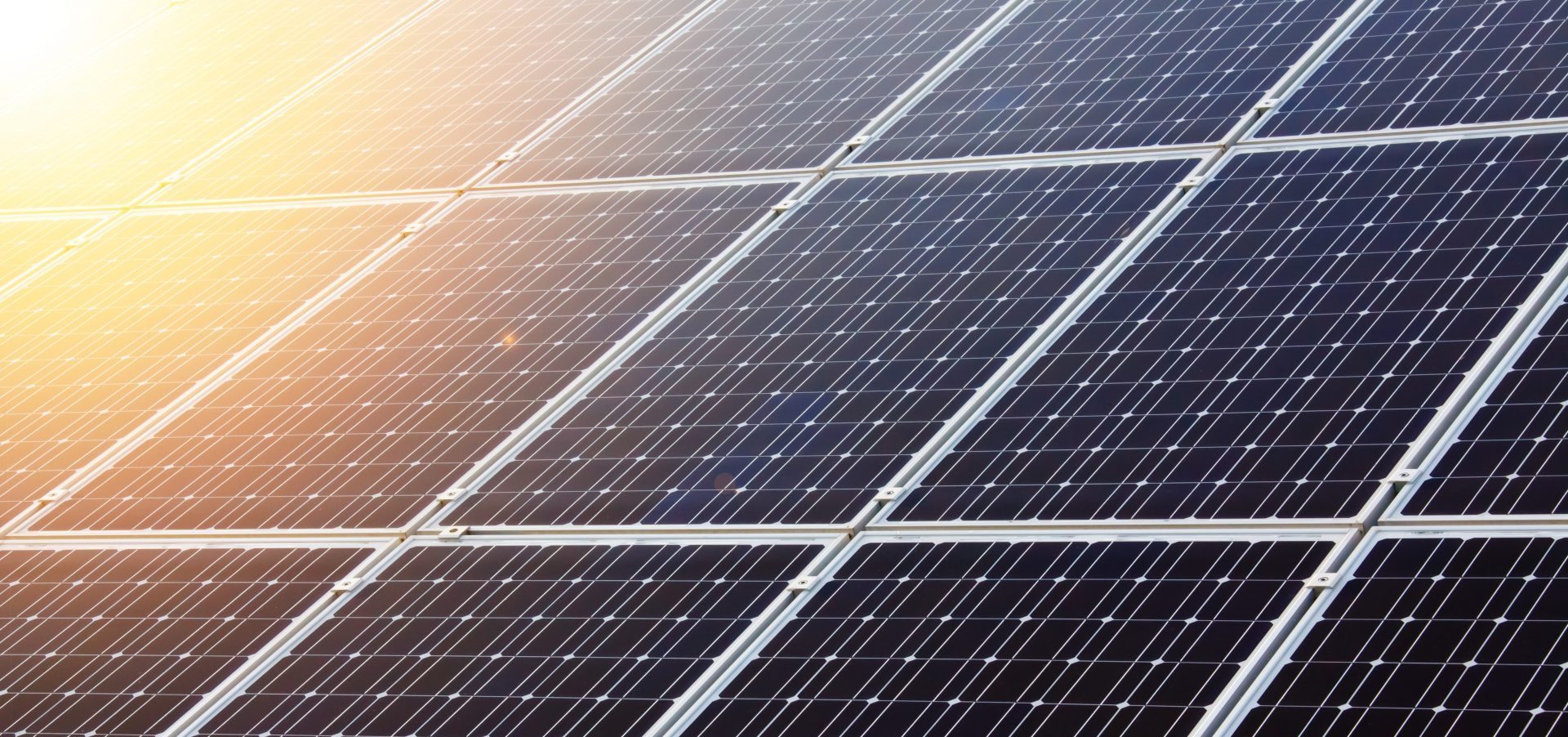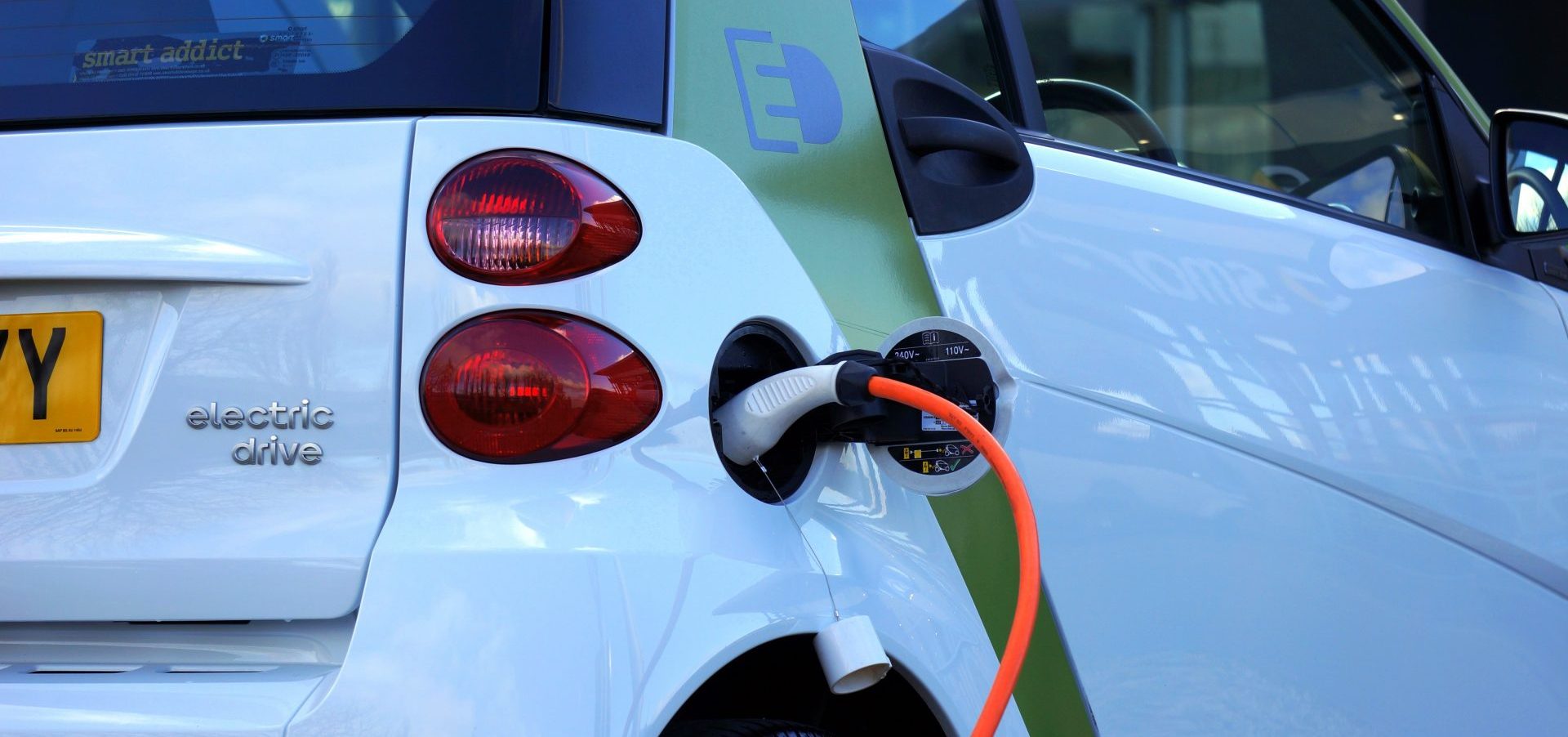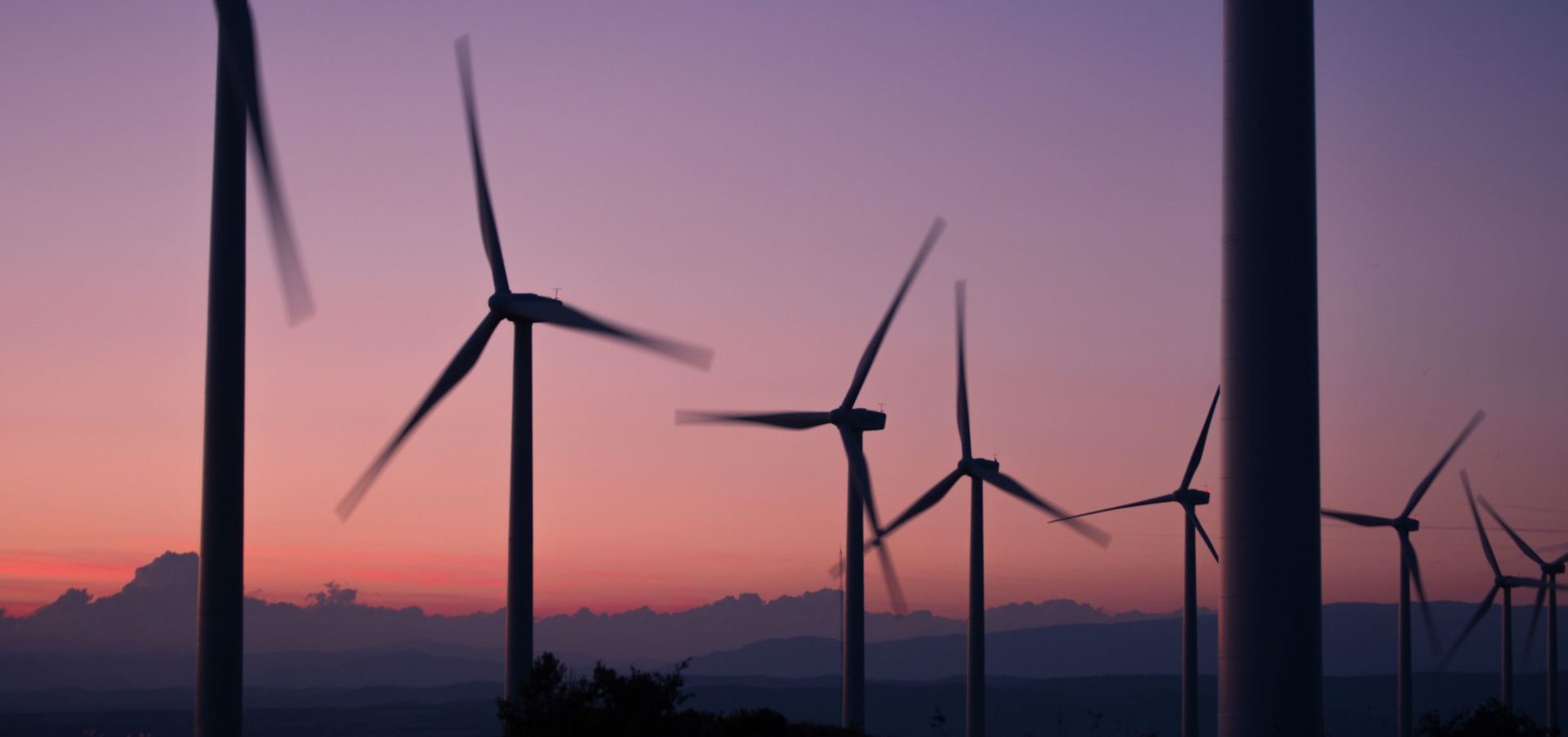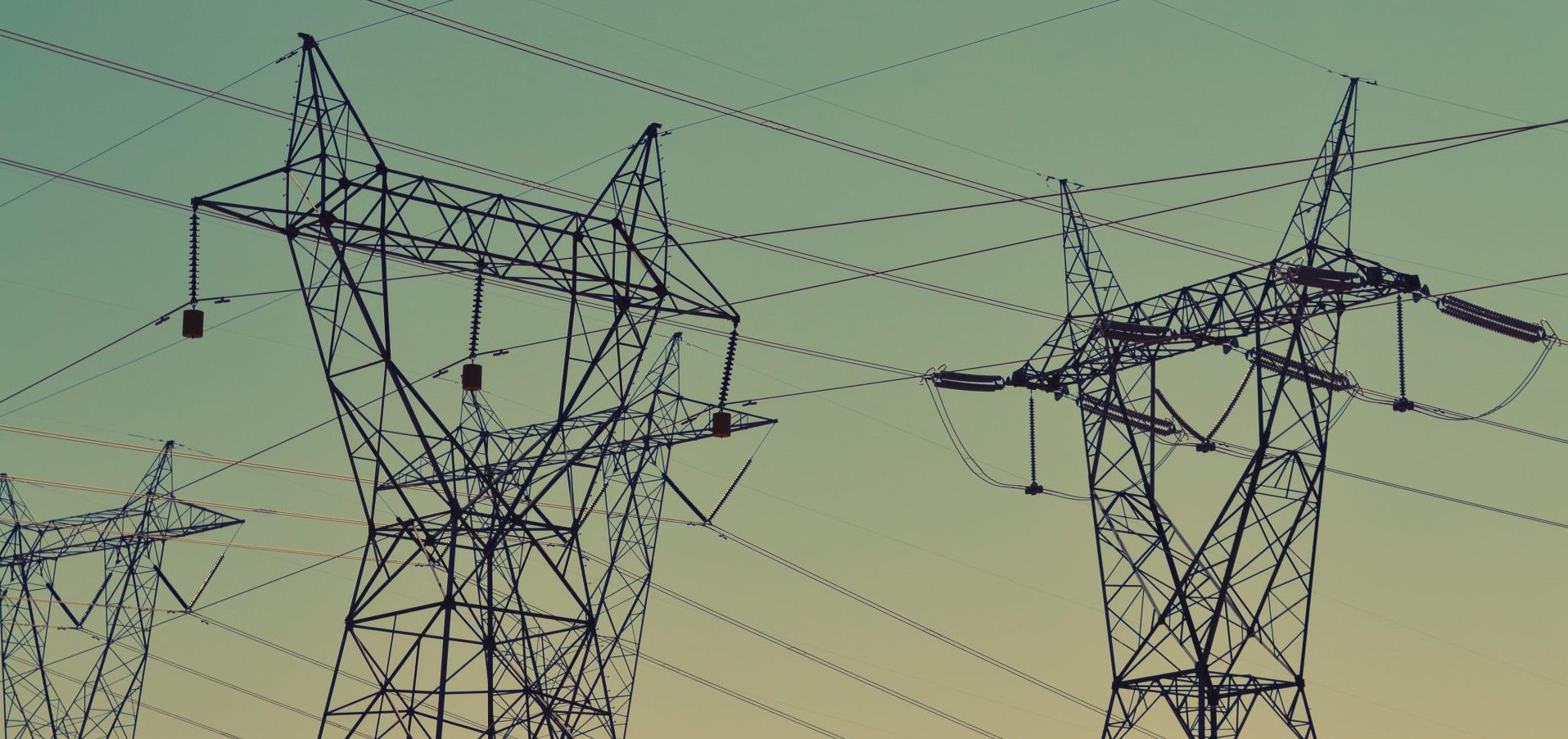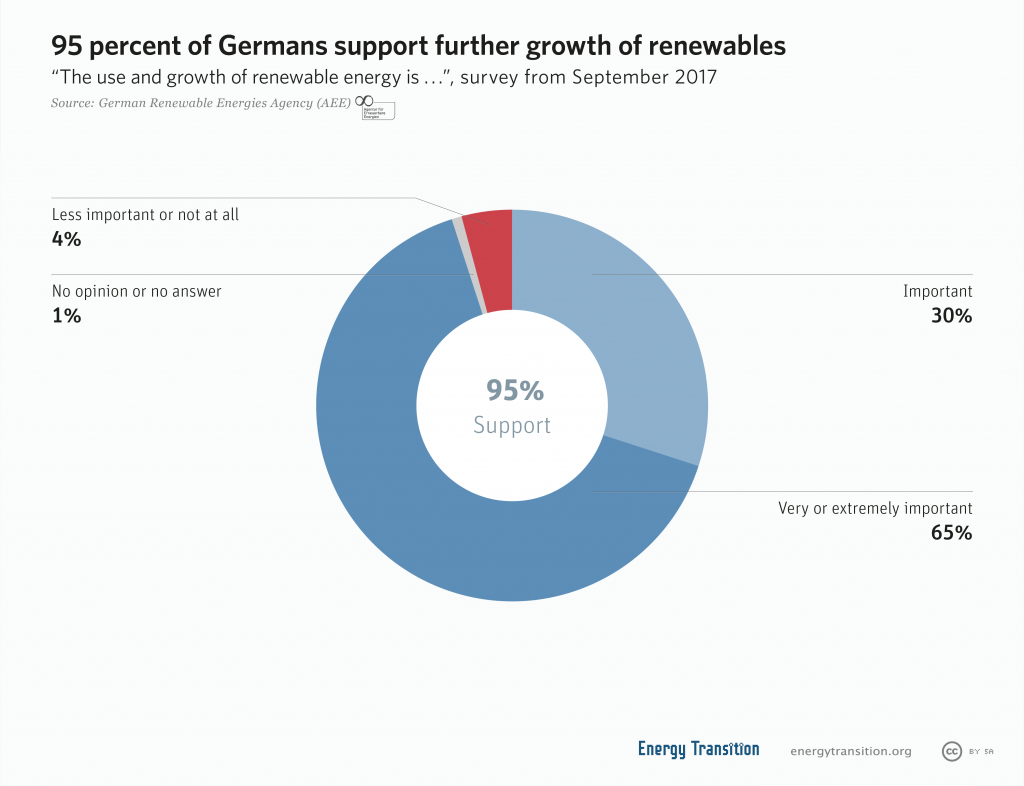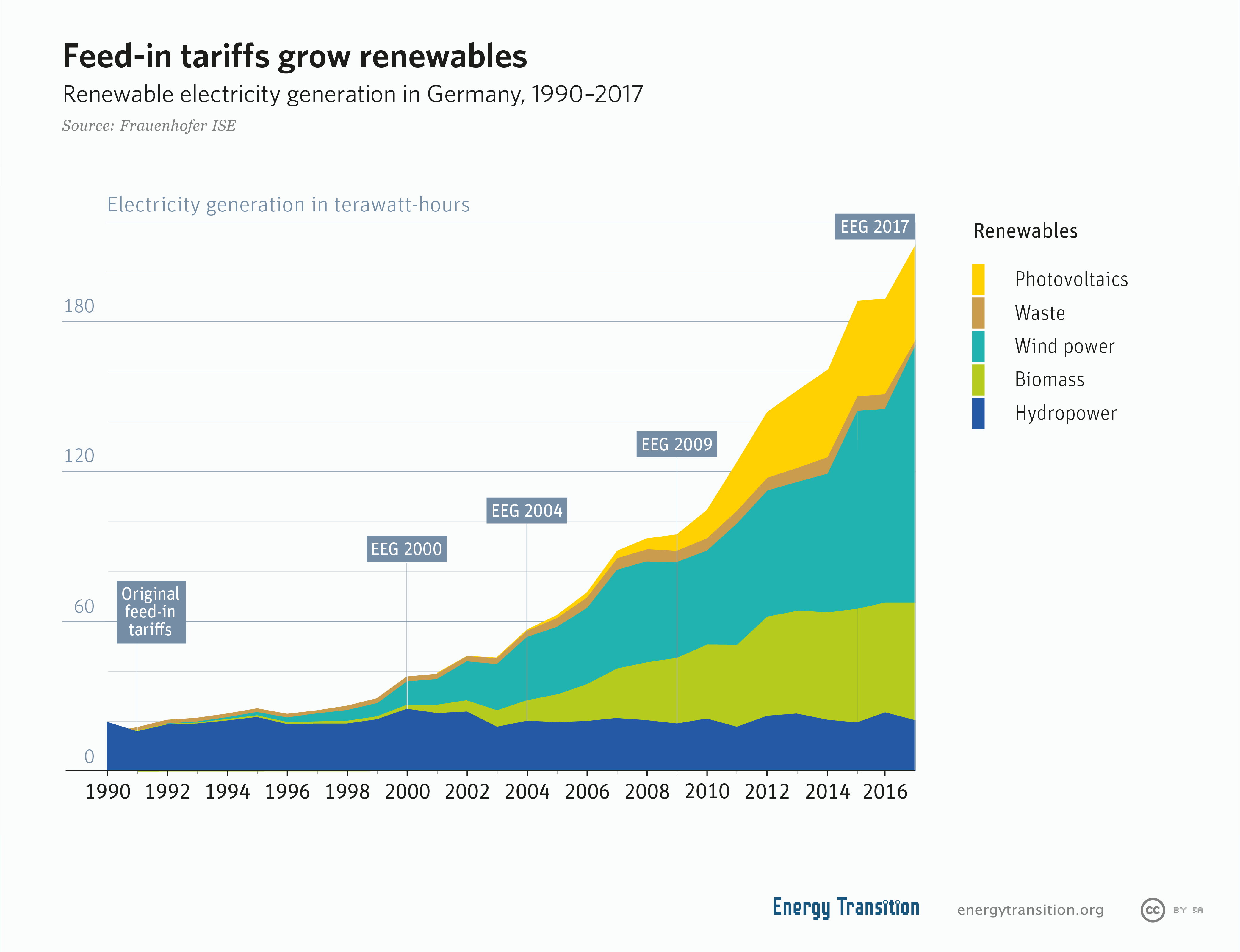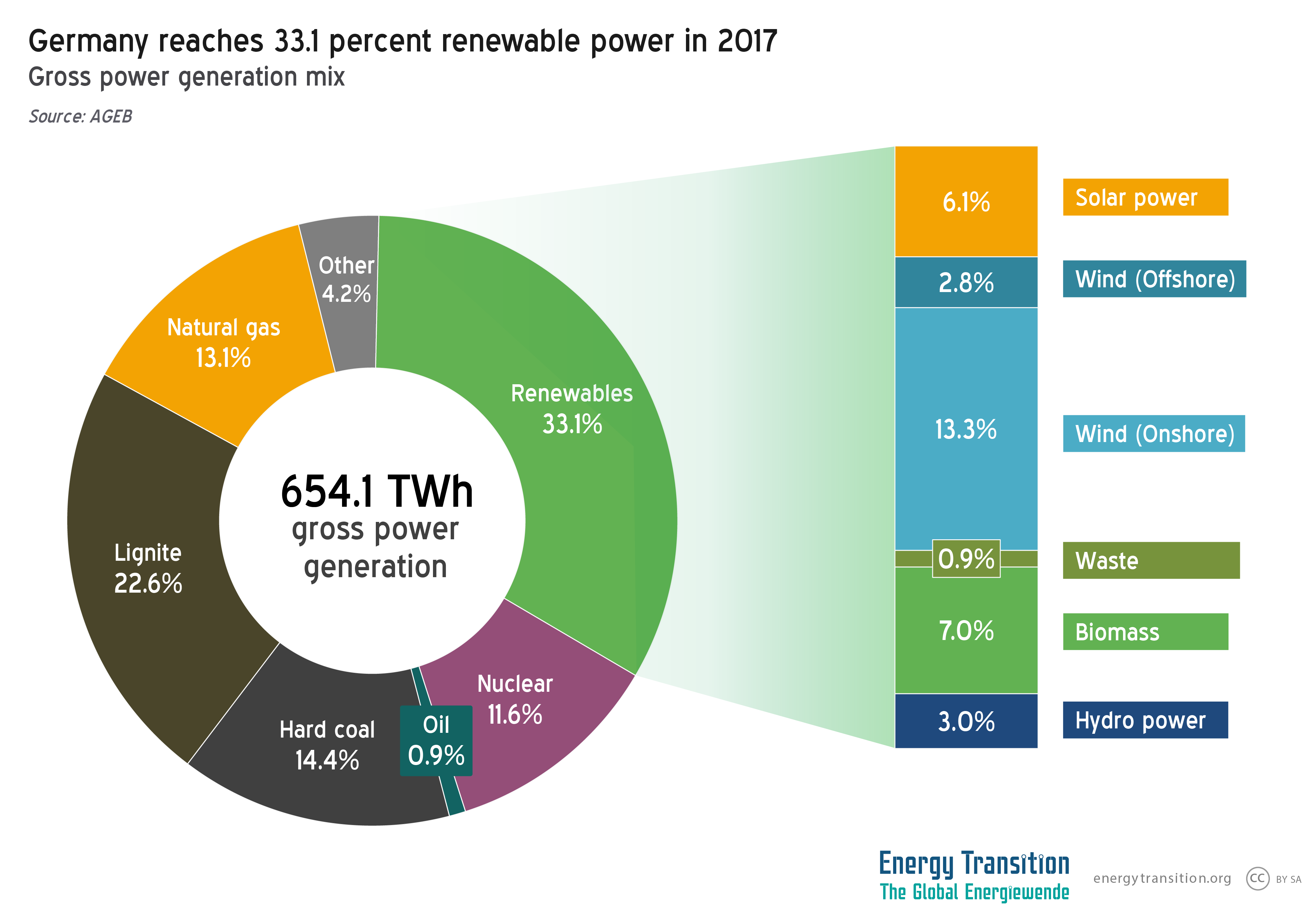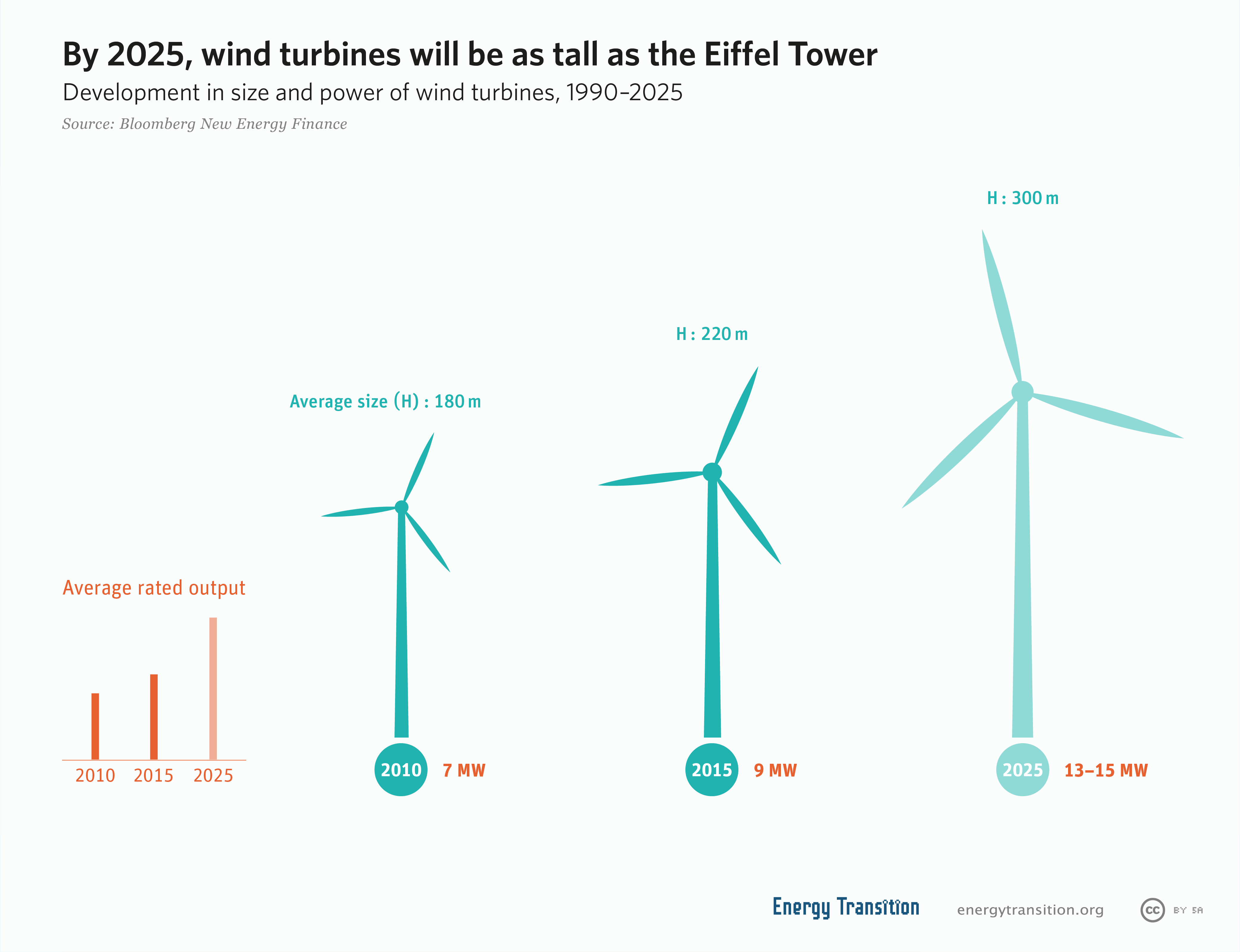The Energiewende A to Z
The Energiewende (from the German word for energy transition) is the switch from nuclear and coal power to renewable energy.
Our website provides explanations behind this technical and social transformation.
Pick a letter to learn more!
a b c d e f g h i j k l m n o p q r s t u v w x y z
Act on Accelerating Grid Expansion
The energy transition will need an expanded, adapted grid to cope with more renewable power. Neither has been progressing fast enough, so the German Parliament has passed the Act on Accelerating Grid Expansion. Official plans are in place, but several of the projects remain contested.Alternative for Germany (AfD)
The party “Alternative für Deutschland” (AfD) is a right-wing political party. It opposes the German Energiewende and its environmental platform is that climate change does not exist.Alternative energy
Alternative energy is any energy source that is an alternative to fossil fuel and nuclear power.Anti-coal activism in Germany
One main failure of the Energiewende has been coal’s continued presence, and German activists are taking matters into their own hands to do what the government won’t: phase out coal.
Featured articles
The Global Energiewende Blog
For stories and the latest news about the energy transition around the world, check out our blog.
About us
This Wiki is a project of the Heinrich Böll Foundation. Click here to read more about our authors, our editors, and our mission.
